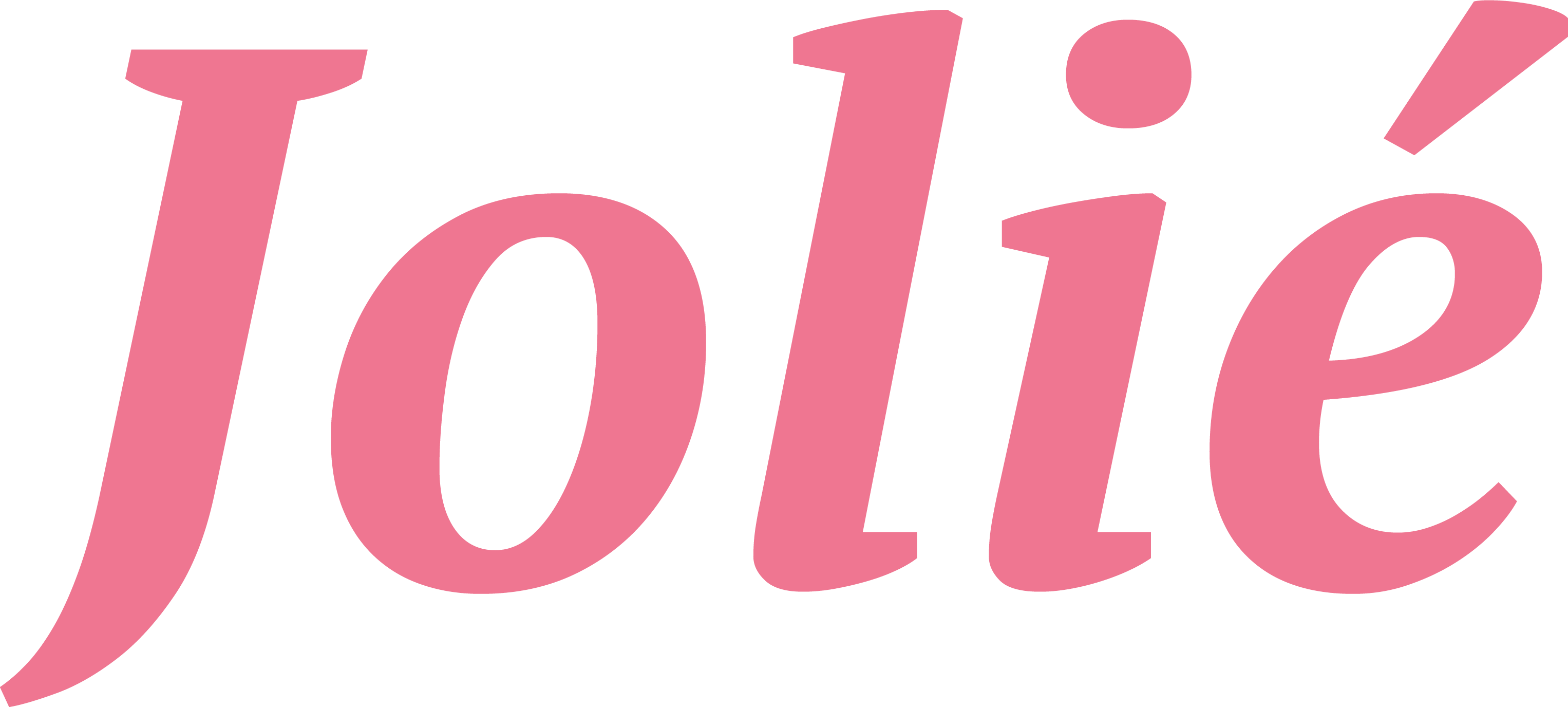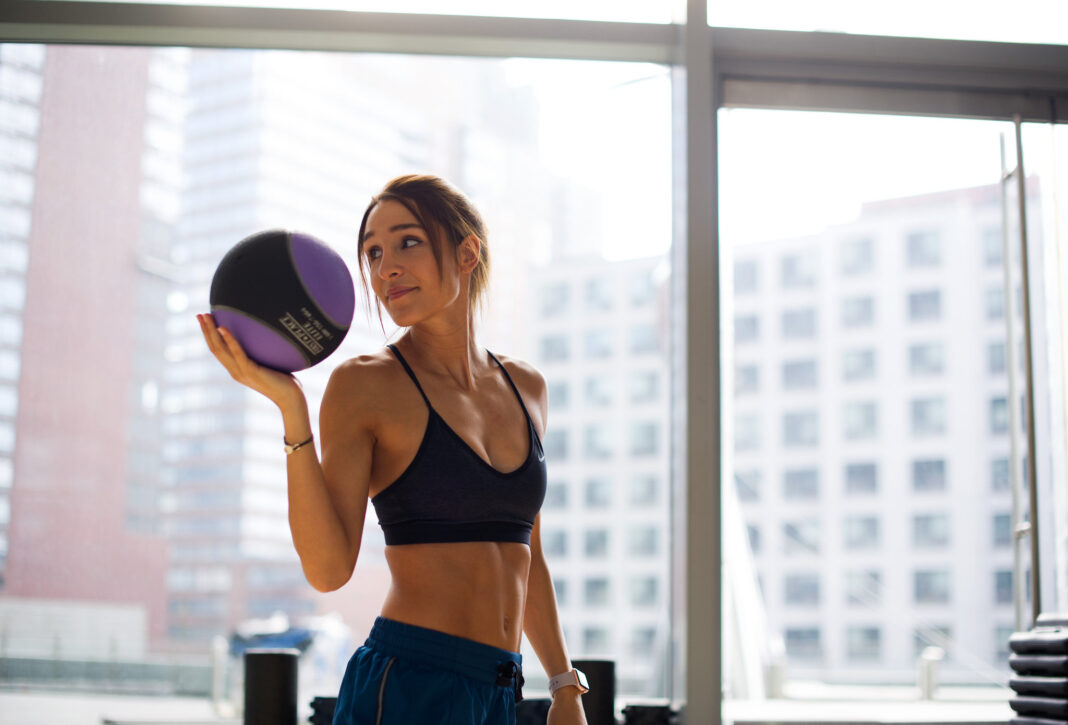Botox has become a go-to for many. Yet, for those who cherish both their fitness routines and their freshly smoothed foreheads, a pressing question emerges: Does your workout regimen cause Botox to fade faster? This is more than mere vanity—it’s about getting the most from your investment in yourself.
Anecdotes abound online, with some fitness enthusiasts noticing a quicker fade in their Botox results post-intense workouts like HIIT or CrossFit. A thread on Reddit became a confessional booth for those lamenting the shorter lifespan of their cosmetic enhancements due to rigorous exercise. “My Botox doesn’t last for sh*t,” one user lamented, a sentiment echoed by many who noticed a correlation between their workout intensity and the diminishing effects of their treatments.
Science offers a glimpse into this phenomenon, though it’s not definitive. A notable study in the Toxins journal observed 60 women over 90 days, revealing that those with lower physical activity levels maintained their Botox results longer compared to their more active counterparts. This suggests that a high metabolic rate, common in regular exercisers, might accelerate the breakdown of Botox, leading to its faster depletion.
Dr. Annie Chiu, a board-certified cosmetic dermatologist, points towards metabolism as a potential culprit. Exercise, especially of high intensity, revs up the body’s metabolic engine, possibly hastening the breakdown of Botox. Additionally, elevated heart rates and intense muscle activity during workouts might cause Botox to detach from muscle receptors more swiftly, potentially diminishing its longevity.
Despite these theories, solid evidence remains elusive. The study mentioned earlier hints at a connection but also acknowledges its limitations, such as varying baseline wrinkle severity and uniform Botox dosages. Dr. Chiu urges a cautious interpretation of these findings, labeling them as suggestive rather than conclusive.
So, what does this mean for those noticing their Botox fading too soon? Genetics plays the most significant role in how long Botox effects last, with factors like dosage and initial muscle strength also playing critical parts. Lifestyle choices, including exercise, fall lower on the list of potential influences, according to Dr. Chiu. However, she does note that athletes may require more frequent touch-ups, although this is highly individual.
One clear guideline exists: avoid vigorous exercise immediately after Botox injections. Doing so can increase the risk of the treatment dispersing beyond the targeted area, potentially reducing its effectiveness and increasing bruising risks. This caution underscores the complex interplay between health, beauty, and lifestyle choices.
Ultimately, the relationship between Botox longevity and exercise remains a nuanced one, with many variables at play. For those grappling with this balance, it’s vital to have open discussions with your healthcare provider, who may suggest adjustments in treatment to better suit your lifestyle. After all, the goal is to feel as good on the inside as you look on the outside, without having to compromise on the activities that keep you feeling vibrant and alive.








